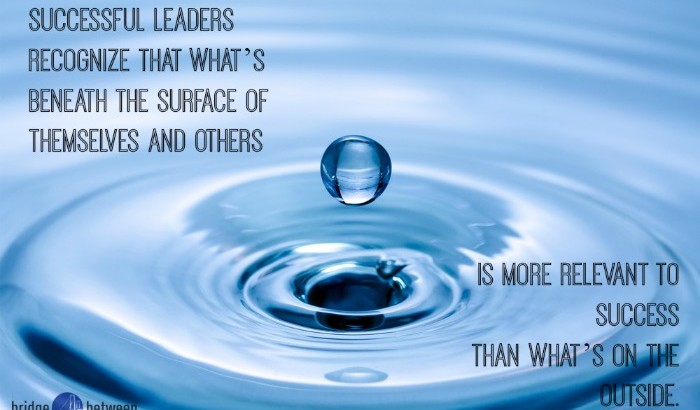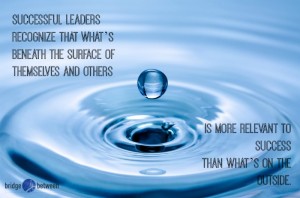Coaching need not end when at high school graduation or when you land that first job. It need not end no matter how many years you’ve worked. Learning is a lifetime exercise. Therefore, a coach is never out of date, and the benefits of executive coaching are numerous. Executive coaching can make all the difference in your career path at your company. Hiring an executive coach is a smart investment.
Bod Nardellis, former CEO of Home Depot said, “I absolutely believe that people, unless coached, never reach their maximum capabilities.” Former Google CEO Eric Schmidt agreed. “The best advice I ever got was to get a coach.”
Coaching is not therapy. Counseling looks at your past. Coaching is all about setting goals for your future and achieving those goals. In business, executive coaching helps your individual performance as well as guides you on your career path.
5 Benefits of Executive Coaching
- Productivity. An executive coach can guide you to be more productive at your job. Hard results mean faster promotions and bigger profits.
- Patterns. We all establish patterns in our lives, some positive and some negative. A coach can observe your patterns objectively and help you evaluate which patterns benefit you and which do not.
- Potential. An executive coach is trained to find your potential and help you develop it to the benefit of you and your company. Your coach can help you with a third-party moderation for 360-reviews, strategic planning and conflict resolution.
- Perspective. Sometimes it is advantageous to have a third party show you different perspectives on your work issues and company style. An executive coach will make you aware of your work attitudes and how your process change, challenges, and conflict.
- Promoting specific skills. None of us walk into a job completely proficient at all the skills needed to perform. Your coach will help you identify your weaknesses and guide you to improvement in communication, delegation, conflict management, team building or persuasion.
The benefits of executive coaching are not only for you. Your entire team benefits because your satisfaction in your job increases and as a result, you and your workmates become more committed to your duties. Of course, coaching requires a desire to learn and grow. Without this motivation, it is a waste of time and money. The right match of coach with trainee is absolutely key to the success of the coaching experience. Without it, the trust required for optimal executive performance will not develop. It is also important to establish exactly what you want from a coach before you begin meeting. A coach is not a therapist and although they can help with inspiration and guidance in becoming the “best you” possible, it is better not to lean on them for emotional or mental development. You can lean on them for career direction and guidance, though. A great executive coach can change the course of your career.
Hiring an executive coach is an investment worth serious consideration.
Sources:
http://www.thewallstreetcoach.com/the-benefits-of-executive-coaching.html
https://www.linkedin.com/pulse/20140205155921-19987-12-ways-you-just-might-benefit-from-coaching
https://hbr.org/2009/01/what-can-coaches-do-for-you/ar/1


